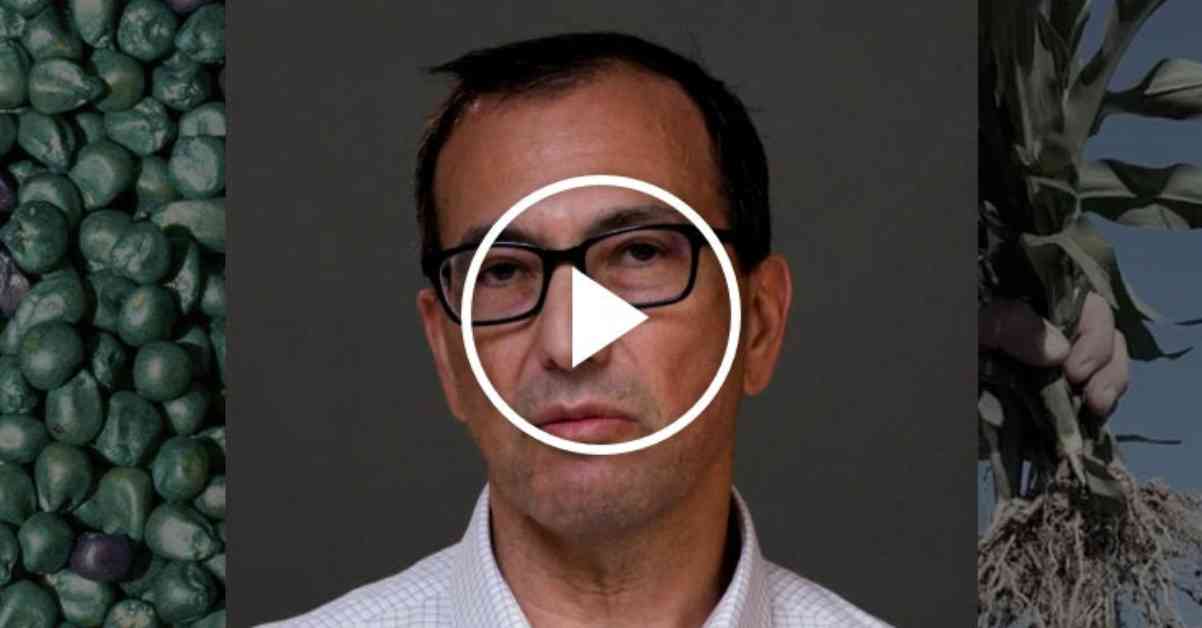Much of the food we consume is produced using synthetic fertilizers, which are a major contributor to climate change. However, there is a new development in the agricultural industry that is revolutionizing seed growth. A seed that contains DNA-modified bacteria is now available, which is significantly reducing the need for synthetic fertilizers on farms.
This groundbreaking innovation is a game-changer for farmers who are looking to reduce their environmental impact. By using these DNA-modified bacteria seeds, farmers can cut down on the amount of synthetic fertilizer they need to apply to their fields. This not only helps to combat climate change but also has the potential to improve soil health and crop yields.
Eric Lipton, an investigative reporter for The New York Times, delves deeper into this exciting development. In a recent video, he explains how these DNA-modified bacteria seeds work and the potential benefits they offer to the agricultural industry. By reducing the reliance on synthetic fertilizers, farmers can play a significant role in mitigating climate change and creating a more sustainable food system.
This new technology is still in its early stages, but the potential impact is promising. As more farmers adopt these DNA-modified bacteria seeds, we could see a significant reduction in greenhouse gas emissions from agriculture. This could have far-reaching effects on the environment and help to create a more sustainable future for food production.
In addition to reducing the carbon footprint of agriculture, these DNA-modified bacteria seeds also have the potential to improve soil health. By promoting the growth of beneficial bacteria in the soil, these seeds can help to create a more resilient ecosystem that is better able to withstand environmental challenges.
Overall, the development of DNA-modified bacteria seeds represents a significant step forward in sustainable agriculture. By reducing the reliance on synthetic fertilizers and promoting soil health, these seeds have the potential to revolutionize the way we grow food. As more farmers begin to adopt this technology, we can look forward to a more sustainable and environmentally friendly food system in the future.

